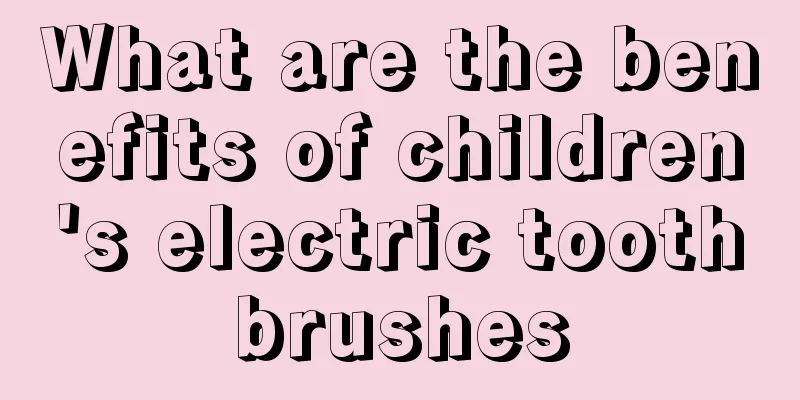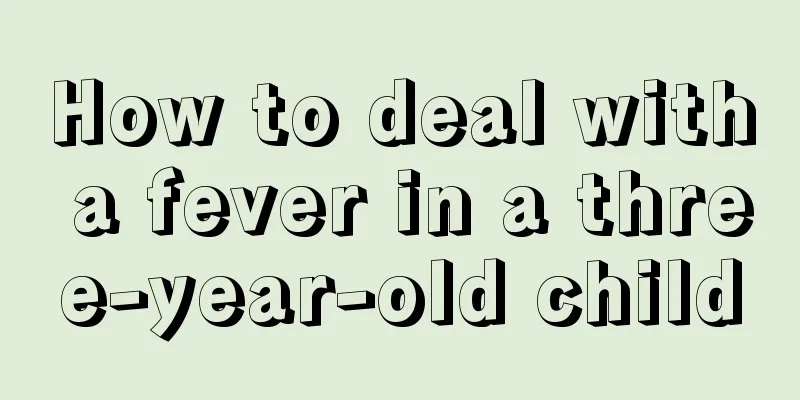Why does my baby like to rub his eyes?

|
Now every family has one baby, because it is very expensive to raise a child and we also have parents to take care of him, so we don’t want too many children. We don’t have enough energy to manage them, and the pressure of life and work is too great, so we all choose to have one child. Of course, because we only have one child, we will take good care of the baby. Careful parents will find that the baby always rubs his eyes. There is no sand in the room, so why does the baby like to rub his eyes? Inverted eyelashes are commonly known as "reverse eyelashes" and are more common in children. Many young parents are very worried when they see their baby's eyelashes growing inwards, and they even seek medical treatment everywhere, but they are always worried because of different opinions. Because infants and young children have short and fat faces, their nose bridges have not yet developed, their eyelids (commonly known as eyelids) have more fat and thicker eyelid margins, it is easy for the eyelashes to curl inward, causing inverted eyelashes. Most infants and young children have thin and soft eyelashes. In addition, children secrete more tears, which are thicker. The thin and soft eyelashes are dipped in tears and sweep across the surface of the eyes, but most of them will not cause damage to the eyes. Since the baby blinks from time to time, the movement of the eyelashes will carry tears to various parts of the cornea (black pupil), and the cornea is avascular, and its nutrition supply mainly depends on tears. Therefore, in general, inverted eyelashes in children are harmless. As the baby grows older, the face becomes longer, and the nasal bone develops, most inverted eyelashes can be restored to their normal position. Young parents don’t have to worry about this at all. If the eyelashes of infants and young children are inverted and thick and short, it may cause eye damage, which is manifested as red eyes (conjunctival congestion), fear of light, tearing, and rubbing the eyes. Examination may reveal punctate desquamation of the corneal epithelium and focal infiltration. Now we know why babies like to rub their eyes. We should carefully observe the baby's every move at ordinary times. Because the baby is uncomfortable, cannot speak, and can only cry, careful parents will always find many problems. So it doesn’t matter if you have no experience. The main thing is to treat the baby carefully and take care of the baby, so that you can observe the baby more carefully. |
<<: What is the matter with the baby's calves being bent?
>>: Can babies eat taro at five months old?
Recommend
Methods for relieving cough and reducing phlegm in children
Children are the focus of every family's care...
Baby recipes home cooking
Our own babies have started to eat complementary ...
What to do if a child has acute gastritis
Acute gastritis in children is a common gastroint...
Is it normal for children to lose hair after washing their hair?
Hair loss is common for girls with long hair. Lon...
Reasons for tears in one eye of a baby
In fact, babies are not so familiar with the envi...
Two-year-old baby walks on tiptoe
Two-year-old babies have learned to walk for more...
What kind of quilt is good for children?
Children's physical constitutions are differe...
What is the standard height and weight for a two-month-old baby?
According to a recent survey, many newborns now h...
What should I do if my child doesn't cough during the day but coughs at night?
Sometimes it is very worrying for adults when chi...
How to remedy a child's cold after kicking off the quilt
There are many ways to remedy the situation when ...
At what month do babies start teething?
Growth is a slow process. If problems are discove...
What to do if your child vomits after eating
Children's digestive systems are actually not...
Treatment of pus discharge after umbilical cord shedding in newborns
Pus discharge after the umbilical cord falls off ...
Why does my child keep farting?
There are many happy things in the process of tak...
Is it normal to have a few hairs on my chin in the second year of junior high school?
It is a common phenomenon to grow hair on the bod...









